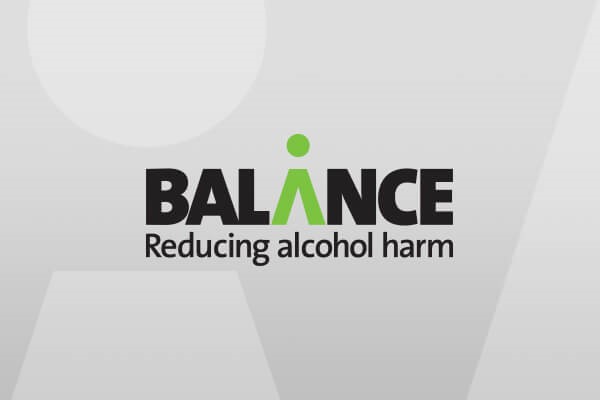North East pubs have a problem with alcohol
A professional body representing hundreds of pubs in the North East has backed a campaign calling on Government to put an end to cheap supermarket alcohol.
The British Institute of Innkeeping (BII) North East Region is supporting the ‘I have a drink problem’ campaign which was launched by Balance, the North East Alcohol Office, last week.
The campaign highlights the problems caused by alcohol misuse which are faced by those in frontline services. It is encouraging members of the public to get behind the frontline by calling on Government to introduce a minimum price per unit of alcohol.
The Institute, which has more than 400 members across the North East, says that the widespread availability of cheap alcohol is encouraging people to drink large quantities at home instead of socialising at the pub. This trend is damaging trade and leading to problems as people ‘pre-load’ with alcohol before hitting our towns and cities.
Its announcement comes in the same week that Balance reveals early results from an ongoing survey of pub and club licensees which shows that:
- 90% of licensees surveyed support the introduction of a minimum price per unit of alcohol.
- 94% say supermarket drinks promotions have adversely affected their trade.
- 58% say that over recent years customers have begun to drink at home before coming out later.
- 41% say the profitability has decreased substantially.
Full results will be published early next month.
Richard Slade, Regional Chair of the BII, said: “We can’t and won’t compete with the prices being offered by supermarkets. Hundreds of pubs have closed in the North East recently and we feel that the widespread availability of cheap alcohol at supermarkets is a major factor.”
He says that landlords have also identified a by-product of cheap supermarket alcohol which is having another big impact on their trade. They say that many people are ‘pre-loading’ or drinking large quantities of cheap alcohol at home before they go into towns and cities and pubs are often having to clean up the mess and take responsibility for the problems pre-loaders cause.
“The Government is asking us to pick up even more of the cost of policing town centres whilst supermarkets get off lightly,” Richard said.
He explained: “Bar staff are being asked to serve people who arrive already drunk and who get aggressive or abusive when they get knocked back. We know from our colleagues who drive taxis that these people are coming straight from their homes, where they’ve consumed large amounts of alcohol. Its damaging the BII’s efforts to encourage responsible drinking”
“As publicans we have to be responsible when it comes to serving people. If people are causing trouble immediately after misusing alcohol in our establishments, those problems can be traced directly to us and we stand to lose our licences. With the supermarkets – there’s no such accountability. People buy the booze and drink it at home before coming into our pubs to cause bother.”
He added: “We really have had enough – it’s time to tackle the problems caused by cheap alcohol – it’s time to introduce a minimum price per unit of alcohol, which will enable us to compete and end this culture of pre-loading. This is why I’m supporting the I have a drink problem campaign.”
Dave Hogg, crime and disorder programmes manager at Balance, said: “Alcohol is too available in too many places at too many hours of the day.
“Local communities need the power to turn back the tide. We welcome the Government’s intention to change the licensing laws to give more control back to local communities and take action against bad licensees without affecting the livelihood of those landlords who play a critical role in our communities.
“At the end of the day, we want communities where alcohol plays a role in bringing people together, not isolating them and creating problems for the frontline staff, whether they be nurses, police officers, bar staff or taxi drivers.”
To support out frontline staff log onto www.balancenortheast.co.uk where you can support the ‘I have a drink problem’ campaign and register your opinions on the Home Office consultation.
